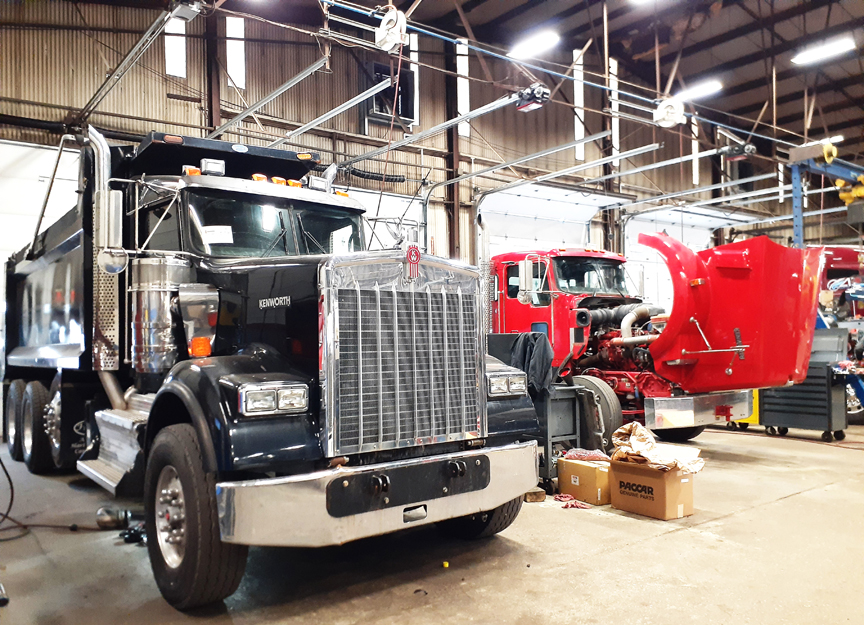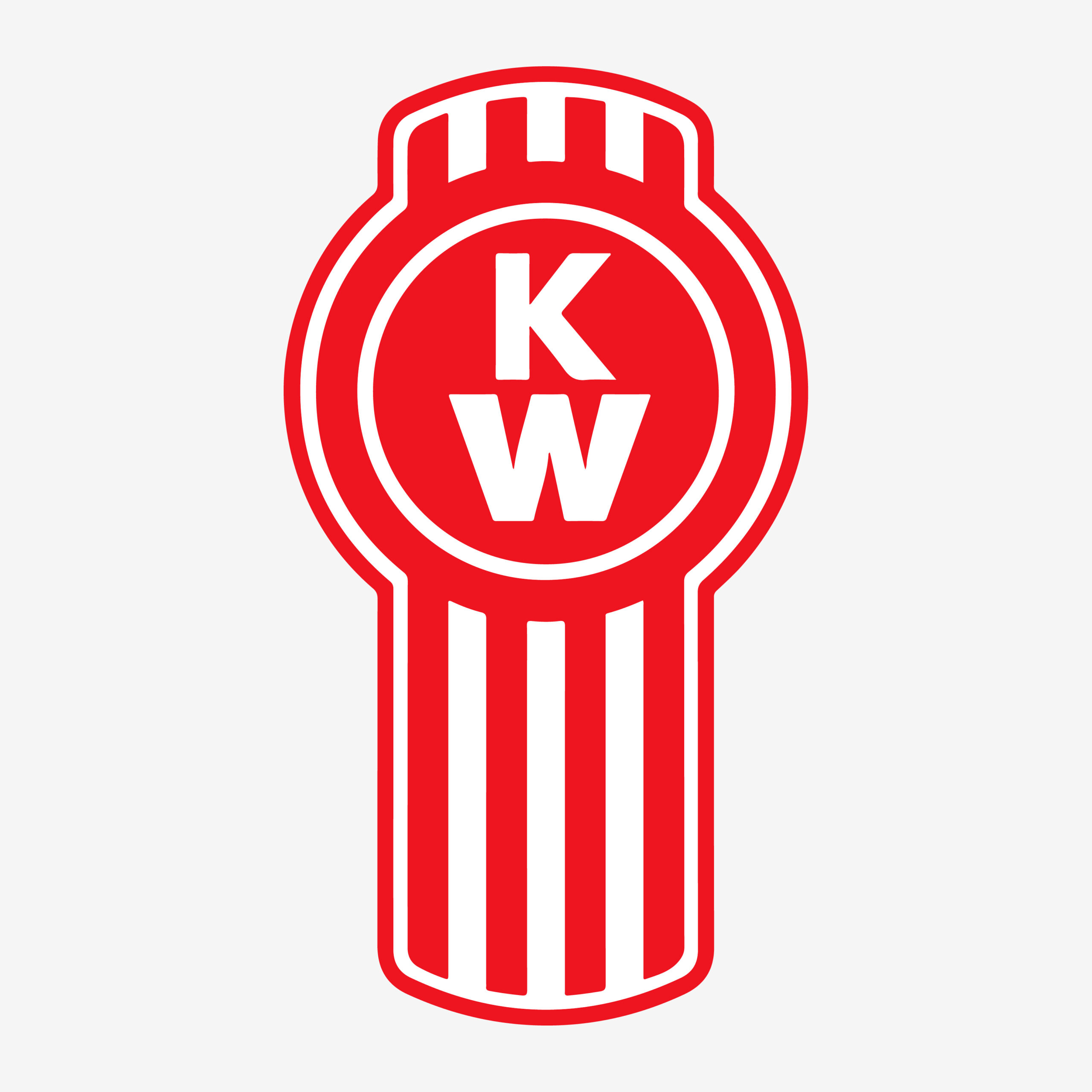
Truck fleet oil analysis is not a “one-size-fits-all” formula. Cutting corners in the short term often proves consequential in the long run. This article explains the risk of excluding truck fleet oil analysis from your PM program.
Among our trucking customers, we are seeing more and more mixed fleets of older and newer trucks from different OEMs. That presents a challenge from a preventive maintenance perspective.
Many operators are under the impression they can have a standardized PM program across their entire fleet. To keep things simple, they rely on one oil grade for both older and newer engines. Additionally, they service every vehicle on the same, conservative schedule. This means oil changes are taking place at more frequent intervals than manufacturers recommend. Further, because they are changing oil so often, they believe they can afford to forego routine oil analysis.
Flawed Logic
There are a couple of flaws in this logic. For one thing, maintenance managers following this conservative approach are not making optimal use of their oil. They are spending more than they really need to on oil and service year after year. Factor in downtime across a large or mid-sized fleet, and the costs of unnecessary maintenance add up quickly.
Two, routine oil analysis isn’t just about the condition of in-service oil. It’s a proven, effective way to uncover a host of issues that can impair engine durability and performance. Issues include dirt contamination, coolant leakage, fuel dilution or a number of other potential problems. By foregoing routine oil analysis, you are losing that insight – and therefore increasing the risk that an undetected problem might eventually lead to equipment failure.
Of course, routine oil analysis will also give you indicators of how much longer the oil is likely to hold up. This enables you to establish practical maintenance schedules that take into account the varying requirements of vehicles within your fleet.
Best Practices
Best practices call for a comprehensive preventive maintenance plan in which you track each vehicle individually and use the OEM-recommended grade of oil for that vehicle and its operating conditions. Knowing the OEM guidelines for oil drain intervals, you can use routine oil analysis to identify potential problems and make an informed judgment about how much to safely extend drain intervals. Yes, routine oil analysis requires some extra effort, but it’s a relatively small investment that may pay big dividends in the form of lower annual maintenance costs and more productive time on the road. Why not reduce your risks in order to reap a big reward?
About the Author
James Booth graduated from the University of Southampton (UK) with an undergraduate degree in Mechanical Engineering and Ph.D. in Tribology. James began his career with Chevron 10 years ago in Chevron Oronite Technology, The Netherlands, and later moved to Richmond (Ca, USA), as a formulator within Automotive Engine Oil (AEO) Product Development team. He previously held the position of Americas region AEO Product Qualification Team Leader, and vice-Chair of the American Chemistry Council Product Approval Protocol Task Group. James is currently the Commercial Sector Manager supporting Chevron’s Delo brand and other related lubricants brands.
Coopersburg & Liberty Kenworth Service Department
Drivers need dependable transportation and they also need a dependable service team to get the job done when work is required. The service experts at Coopersburg & Liberty Kenworth share one common goal: getting you back on the road quickly. Whether you’ve scheduled a preventative maintenance appointment, or your truck has been towed in, our team of factory trained certified technicians will make sure you’re back on the road in no time. Services include major and minor repairs, factory recall repairs, preventative and seasonal maintenance, body repairs, and more.
Fast turnaround times, competitive pricing, and friendly customer service set us apart from the competition.
Get the Latest Trucking News, Tips & More
"*" indicates required fields


